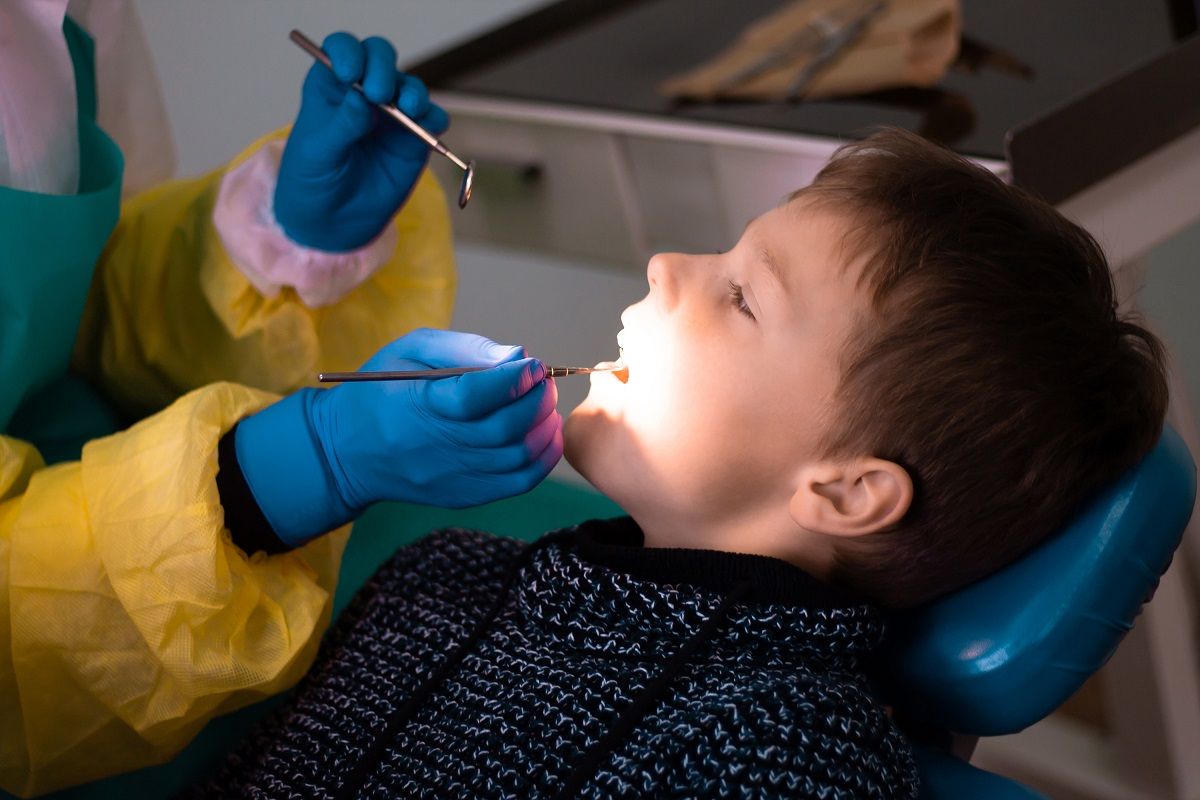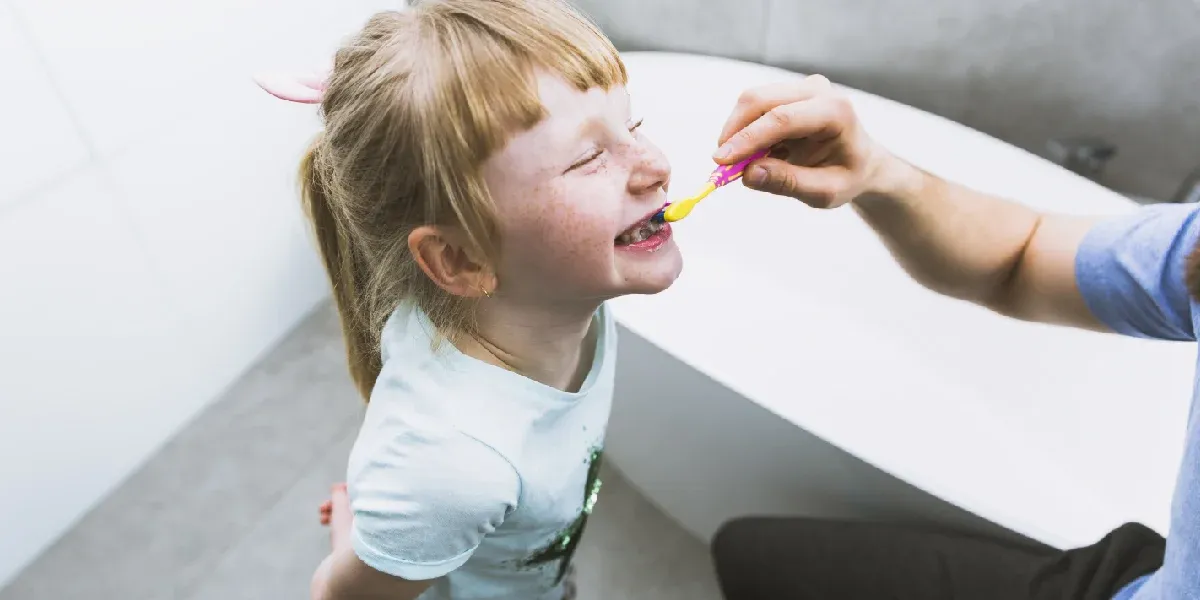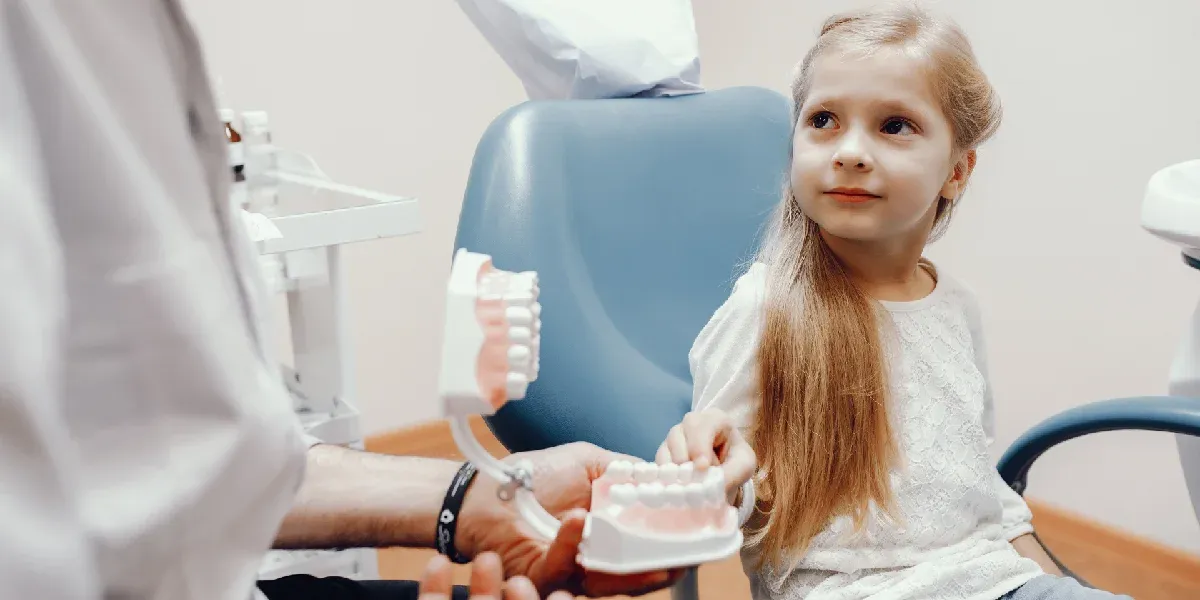
Pediatric Dental Sealants: Signs That Your Child Need Them
Unfortunately, childhood cavities are prevalent, and it affects nearly 60% of children in the US. No matter how good oral hygiene your child maintains, there are big chances of developing dental caries or tooth decay. However, preventive measures are there to protect your child's oral health needs. Besides fluoride treatment and routine dental cleanings, pediatric dental sealants offer a great way to prevent decay-causing bacteria.
A weaker tooth enamel makes children more susceptible to tooth decay and cavities. The acids in the mouth disrupt the normal working of the enamel and wear it down. As a result, the layer beneath the enamel gets exposed. This layer is known as dentin; the exposed dentin on the tooth leads to dental pain and higher tooth sensitivity.
Most cavities occur in the back teeth, and some children can't brush properly. Sealants are a quick and easy way to get rid of cavities. Sealants help prevent plaque buildup and reduce the risk of gum disease and cavities. Dental sealants protect the teeth against cavities for up to 10 years with the proper care. In this article, learn more about dental sealants for kids and prepare your child in advance.
"Dental sealants are highly effective in preventing tooth decay; they can prevent up to 80% of cavities in children".
Dental sealants: 5 Quick Facts
A dental sealant is a plastic coating applied on the chewing surface of the back teeth. It acts as a barrier against plaque and tartar, protecting the tooth enamel. Sometimes, the bristles of a toothbrush can't clean the tiny pits and grooves. The buildup of bacteria in these areas puts your child at a greater risk of forming tooth cavities. Here are some quick facts about dental sealants that you can also let your child know.
- Applying sealants is a safe and comfortable process to protect your child's teeth. They are primarily used in just one dental visit and have an easy application.
- Dental sealants are usually invisible and do not impact your child's smile. They are customized and match the color of the natural teeth.

- Some sealants may contain small amounts of BPA (Bisphenol A), which are considered safe by the American Dental Association. However, you can still choose BPA-free dental sealants if you are more concerned about BPA exposure.
- Dental sealants can be applied anywhere in the mouth but are mainly spread over the molars. The chewing surface of the molars is highly texturized and is more prone to cavities.
- Baby teeth can also benefit from dental sealants, a significant component of preventive dental care.
Benefits of Dental Sealants
Dental sealants are well-suited for all ages; however, they are mainly applied to kids' teeth as they are more vulnerable to cavities. Besides the many benefits of dental sealants, we'll discuss the most dominant ones.
- Sealants save you money in the long run - Dental sealants are affordable and save you money over time. They are more cost-effective than most dental restorations and help prevent tooth decay.
- Sealants are long-lasting - Dental sealants have a good lifespan and can last many years with the proper care. They can last longer if your child has good oral hygiene habits and he avoids chewing too hard foods.
- The process of dental sealants is quick and pain-free - Even if you are busy, you can still take your child to a pediatric dentist for a fixup.
- Sealants reduce deep grooves on the molars - Dental sealants help prevent plaque and bacterial accumulation in hard-to-reach areas. Doing so helps avoid decay and cavity formation in these vulnerable areas.
- Dental sealants are super easy to maintain - Good oral habits are crucial in their maintenance.
Signs that Your Child Needs Dental Sealants
Pediatric dentists mostly recommend dental sealants on their own when children visit them. However, if it's been quite a long since you last saw your child's dentist, you can look for specific signs or symptoms yourself. These signs will reflect that your child needs dental sealants for better protection.
- Increased risk of cavities - Tooth decay is identified as the most common health condition after a chronic cold. Children like candies, and they are pretty impulsive about getting these. There are high cavity formation chances if your child belongs to the same category.
- Discoloration of teeth - Teeth discoloration is another sign you can look for. Discoloration happens when teeth turn yellow, besides regular brushing or mouthwash. Sometimes, the tooth becomes whiter in a particular area. Finding a pediatric dentist would help restore your child's dental health beforehand.

- Plaque and tartar buildup - If your child's teeth accumulate plaque and tartar, there are high chances of cavity formation. Moreover, some areas are hard to brush if your child has crooked teeth overcrowding. As a result, plaque or tartar can build up and put a greater risk of a cavity or tooth decay. Consulting a pediatric dentist would be best in this regard.
- Decay in one of the first permanent molars - The first permanent molars usually come into the mouth when the child reaches age 6. Many dentists recommend applying a dental sealant when the first molars occur. Sealants reduce the risk of decay in the first molars by up to 80%.
- Decay in baby teeth - Dental sealants must be applied if early decay occurs in your child's baby teeth. They help prevent further deterioration and give added protection to the teeth.
- Narrow grooves and fissures - There are also little grooves and crevices on the molars, which are stained. A dental sealant will help relieve such symptoms and ensure better oral health.
What is the Right Age for Getting Dental Sealants?
The American Dental Association recommends dental sealants for children aged between 6-14 years. That's because the child's first molars mostly come at age 6. In contrast, the second molars appear around the age of 12. Most pediatric dentists recommend sealing these teeth as soon as they come in. However, dental sealants can also be applied on baby teeth or elsewhere required in the mouth. Sometimes the baby teeth have deep grooves or pitted areas that need added protection. Sealing the area relieves the child and reduces his tooth sensitivity.
Dental Sealants and Existing Cavities
Dental sealants can be applied to tiny tooth cavities. It helps prevent the spread of further decay, which undermines the tooth's function. However, dental sealants are considered a preventive step, reducing the risk of cavities. If a tooth has been severely decayed, it would require a dental restoration to treat it properly. Dental sealants cannot solely treat an excessively decayed tooth. However, it is applied to all the exposed grooves after the repair. Any further decay is prevented in this way.
Dental Sealants Procedure
The procedure of dental sealants takes just a few minutes to seal the teeth. The application steps are listed as under:
- At first, the teeth are thoroughly cleaned. Then, each tooth is dried with an absorbent material such as cotton.
- Afterward, an acid solution is put on the chewing surfaces of the teeth.
- The teeth are then rinsed and dried accordingly.
- The sealant is then painted onto the tooth enamel. It hardens with the help of a special intense white light.
Concluding Thoughts
A regular dental check-up and good oral hygiene are essential to prevent cavity formation in your child. Taking preventive measures is equally important to maintain good oral health. Fluoride rinses and dental sealants reduce the prevalence of cavities in kids. If your child is more prone to cavities, be willing to consult a pediatric dentist. Applying a sealant will protect the teeth against cavities and ensure optimal oral health.
Contact your kids' dentist in Stockton, Sajjad Rizvi D.D.S. at Happy Kids Dental, to learn more about pediatric dental sealants.
Resource:
Pros And Cons of Dental Sealants for Kids
*This media/content or any other on this website does not prescribe, recommend, or prevent any treatment or procedure. Therefore, we highly recommend that you get the advice of a qualified dentist or other medical practitioners regarding your specific dental condition*
Subscribe To Our Newsletter
Get Updates And Learn From The Best


